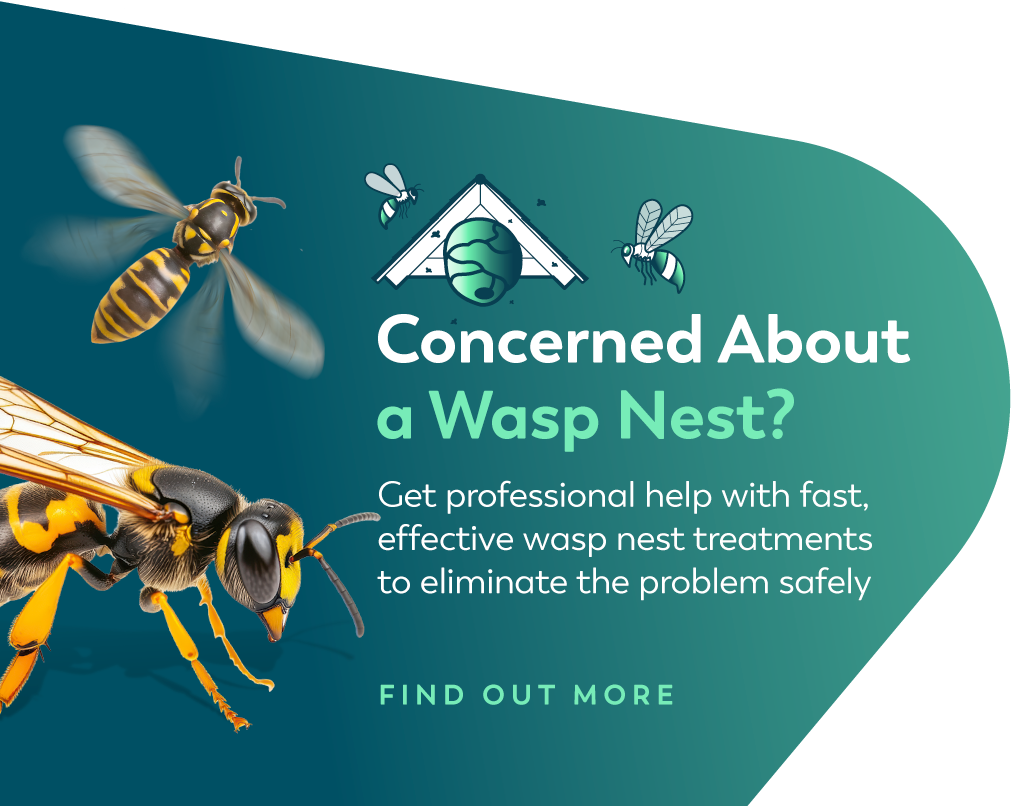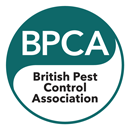Gulls or seagulls can be tricky pests to deal with as they do not settle in a single centre of activity, they are highly adaptable, and are considerably more intelligent than most pest birds.
Here at Vergo, we can provide you with a range of solutions for gull control. For existing infestations, approaches such as nest and egg removal, as well as audible and visual bird scaring systems, can be used to encourage them to migrate elsewhere. To ensure that your property has long term protection against seagulls, there are a range of deterrent systems we can put in place.

